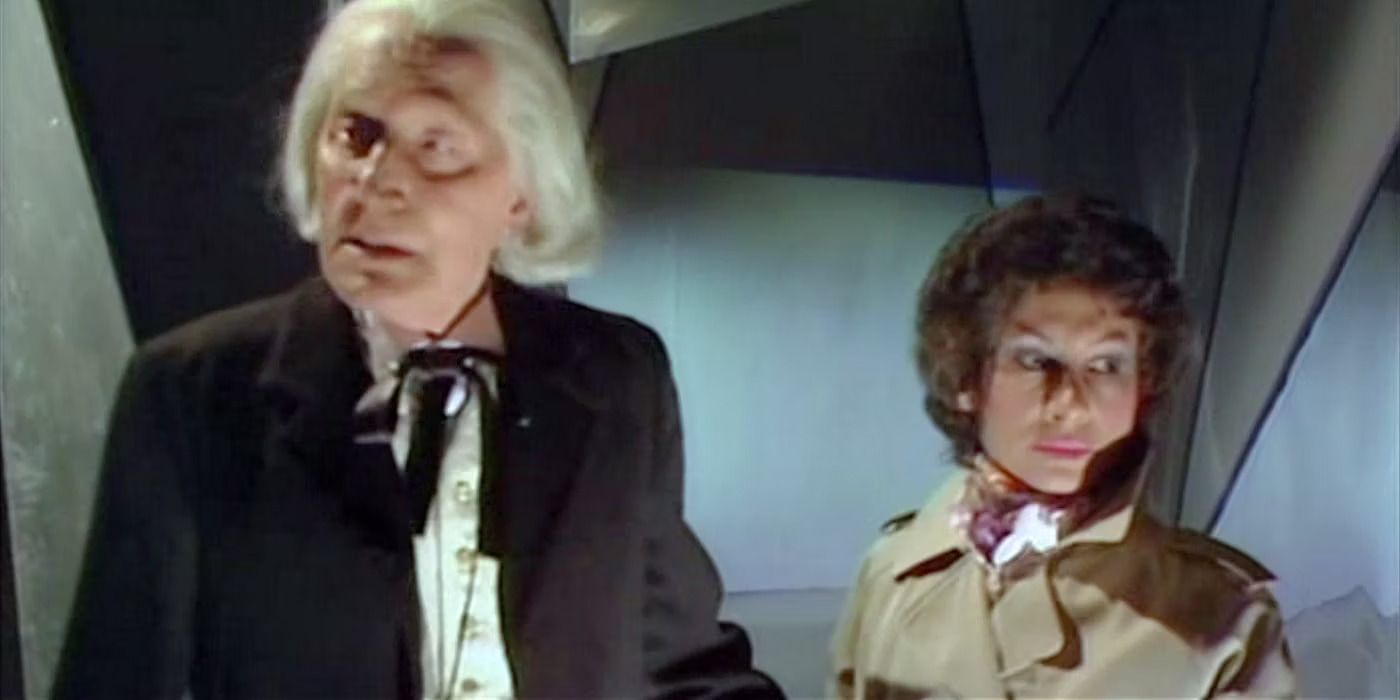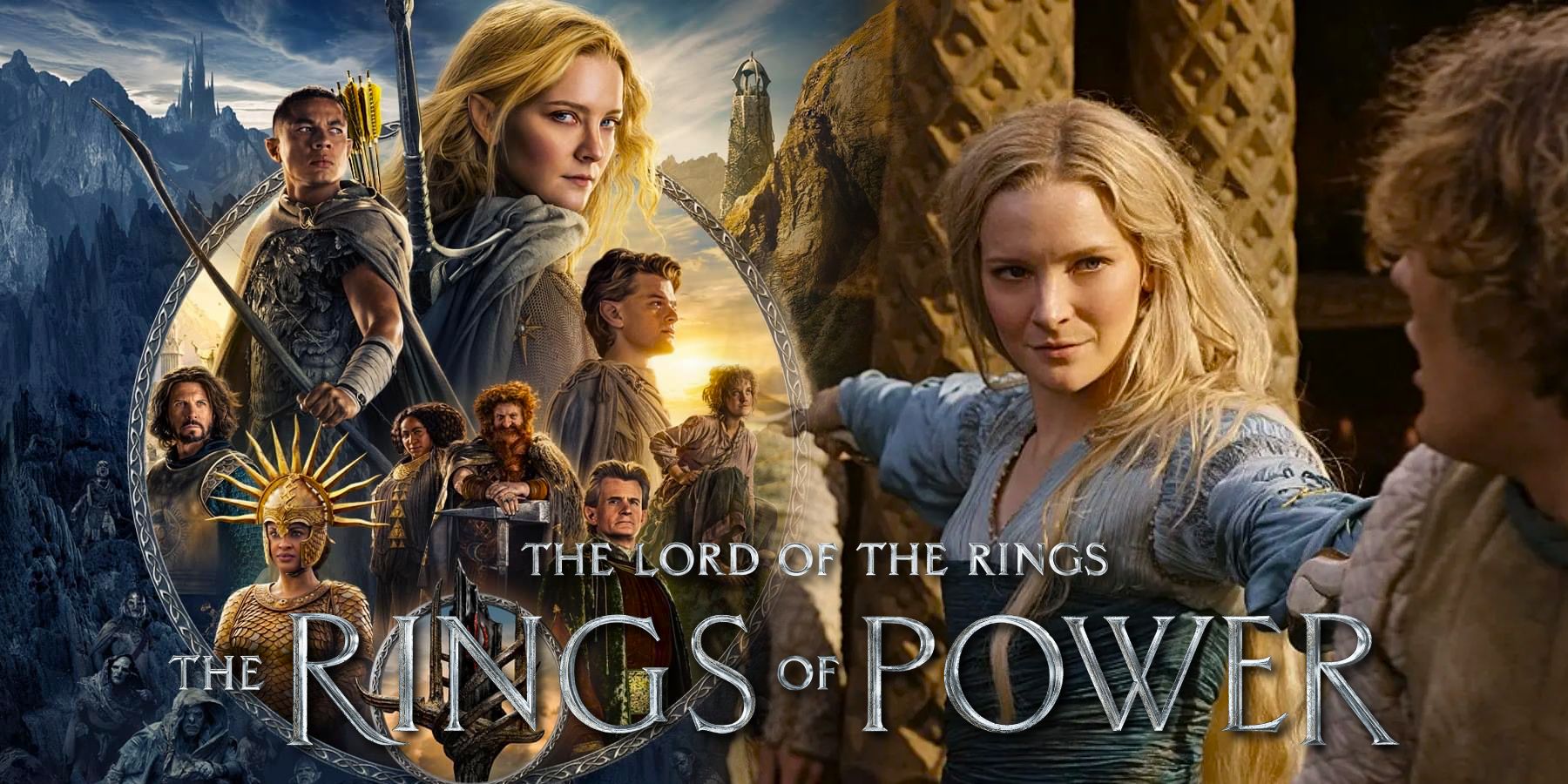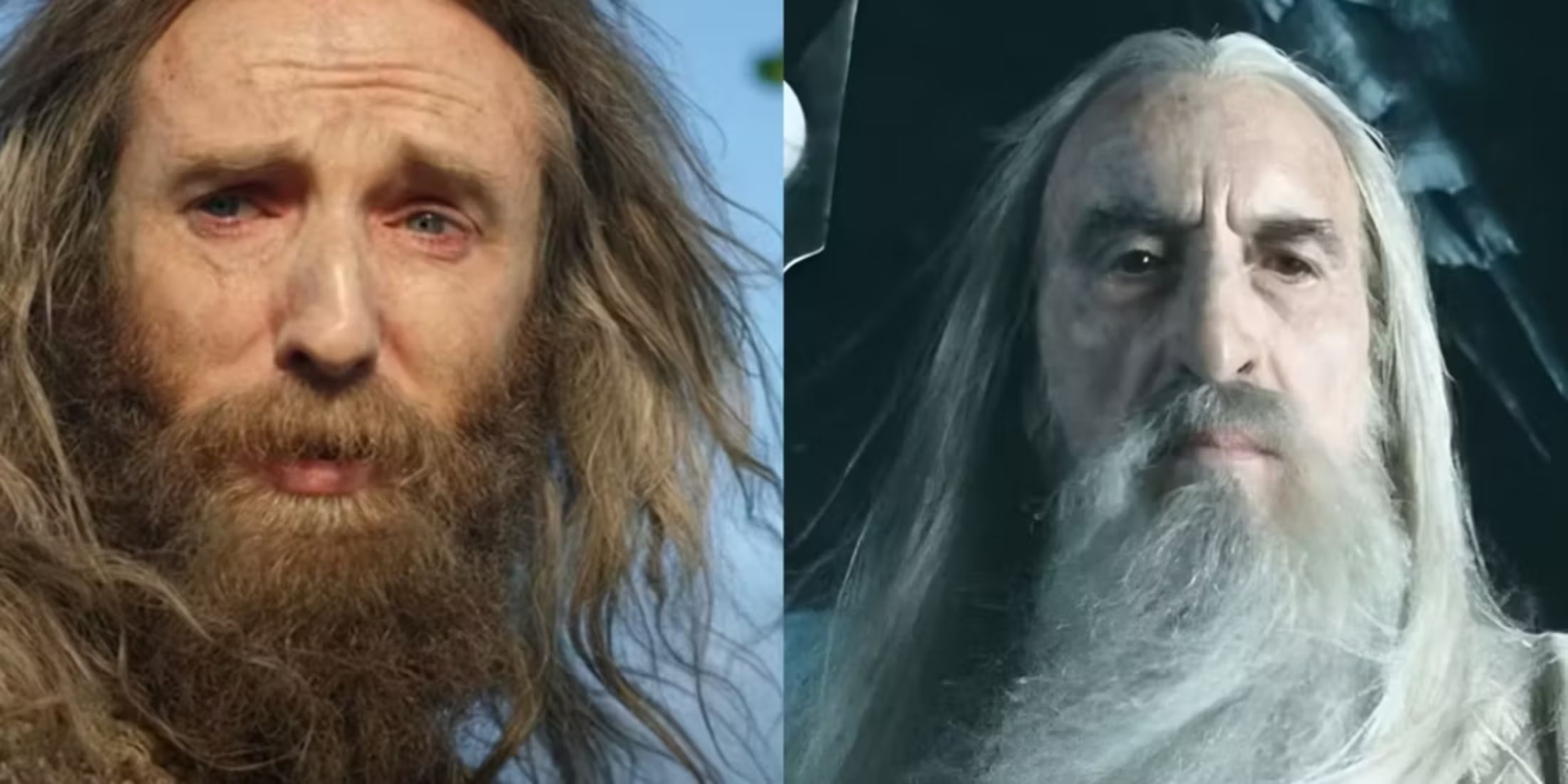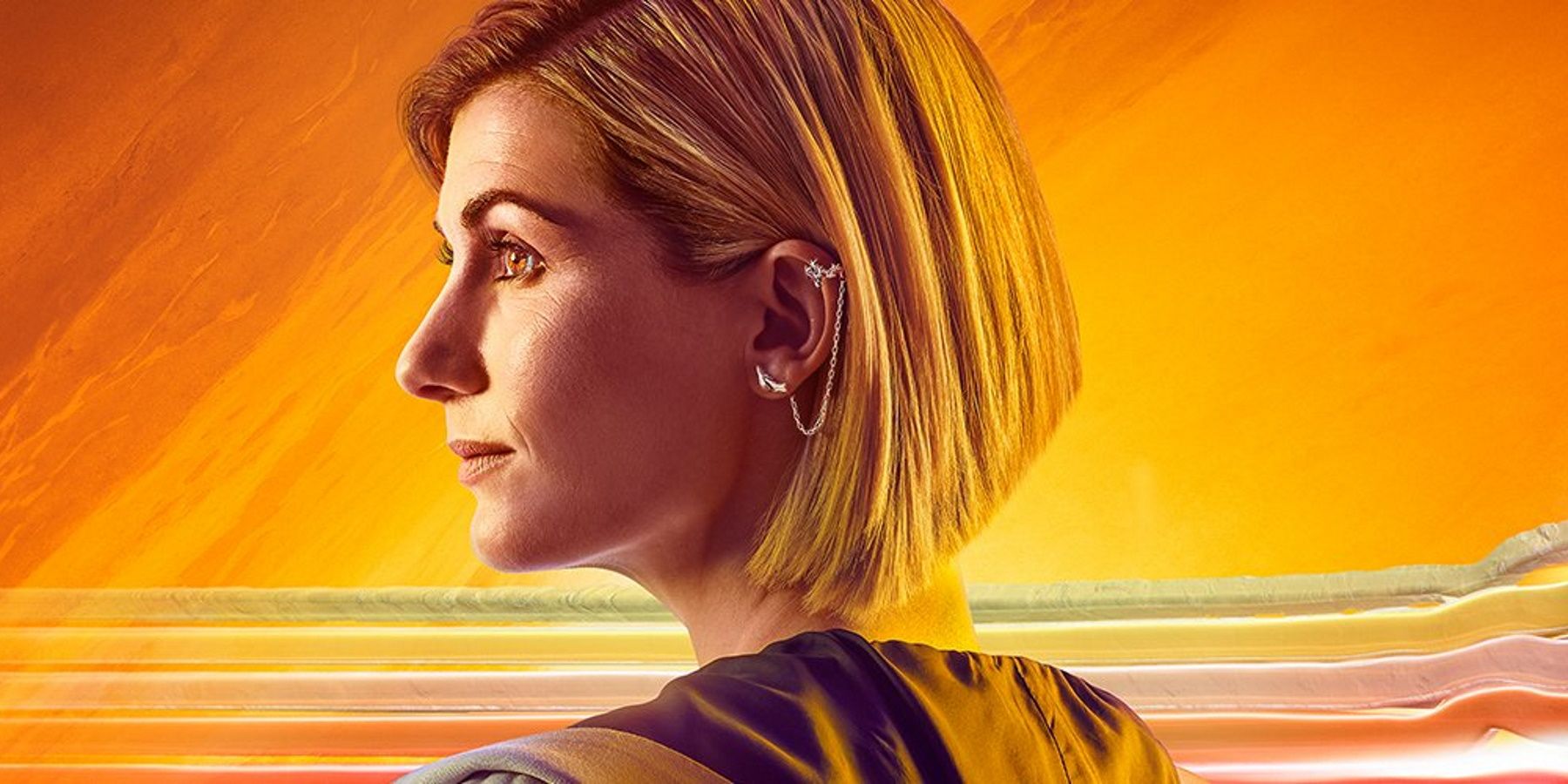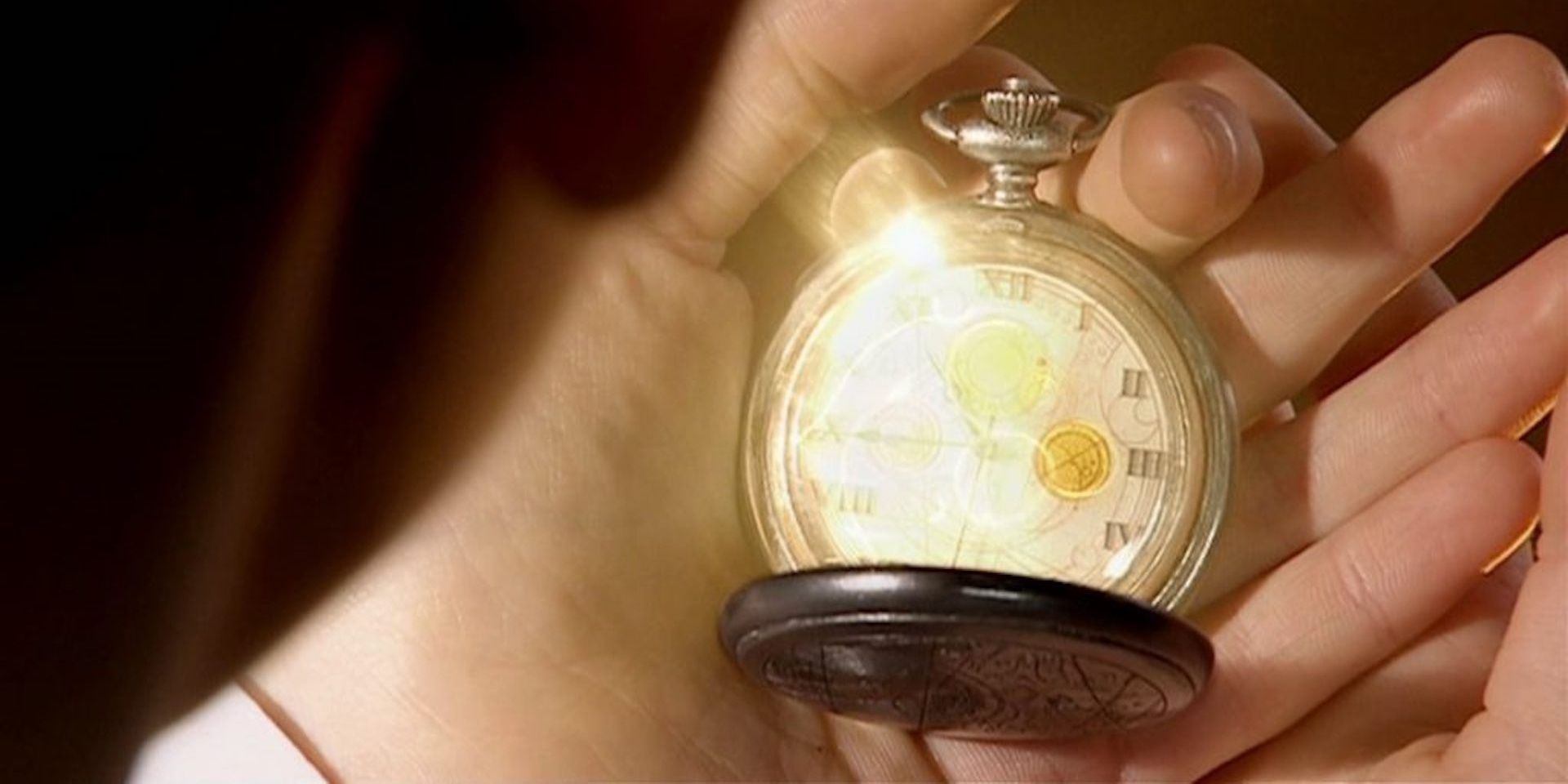Chris Chibnall's Doctor Who era is arguably the most controversial in the show's modern history, with fans divided about his changes to the official canon, selection of topics, and even the choice for the lead character. Jodie Whittaker became the first female Doctor, and with her run coming to an end, many Whovians are wondering what it would mean for the series as a whole.
Whittaker took on the mantle of the famous Time Lord back in 2018 and initially dazzled fans with her explosive energy, quirky look, and somewhat erratic behavior. As the seasons progressed, her run became controversial, with some criticizing her Doctor's lack of depth and casual attitude towards violence, while others believed she was an unfortunate victim of subpar writing but still had potential. One way or another, Whittaker's time as the Doctor has had a significant impact on the series not only due to her setting precedent for a non-male lead character, but also substantial alterations to their background. So, what will Doctor Who look like after her departure?
Doctor Who is the world's longest-running sci-fi show. It originally aired on BBC from 1963-1989, and was successfully rebooted by Russel T. Davies in 2005. It follows the adventures of an alien Time Lord, the Doctor, who travels across time and space in their signature blue police box, the TARDIS. Occasionally, the Doctor "sheds" their form and regenerates into a new version of themselves, to avoid certain death. This inherent ability allows for seamless continuity of the series, with the lead actor's change cleverly written into the character. The show's modern era has seen Christopher Eccleston, David Tennant, Matt Smith, and Peter Capaldi assume the role of the iconic time traveler, with each of them putting their stamp on the character. After Capaldi's regeneration, the fans were presented with an unprecedented scenario — a female Doctor, portrayed by Jodie Whittaker.
Whittaker's Time Lord was resourceful, loud, eccentric, and longed for human connection — a perfect recipe for the Doctor. Unlike previous regenerations, she had several companions: her "fam," a diverse group of friends that played a key role in her adventures. Instead of focusing on alien threats like many Doctors before her, in her first season, Whittaker got to explore the transformative moments in human history — from Rosa Parks to the partition of India to the impact of climate change. This seemingly indicated a new, exciting, and emotionally complex shift in the show's direction that once again divided but also intrigued the viewers.
However, the following seasons surprisingly returned to the show's classic roots. Traditional monsters like Daleks and Cybermen once again took center stage, and the story turned to the Doctor and her personal history. Many Whovians were disappointed by the convoluted plots, the Doctor's uncharacteristic behavior, and confusing changes to the canon. In particular, "The Flux" and the Timeless Child storylines have divided the audience and resulted in record-low viewing numbers.
When it was announced that Chibnall and Whittaker would be leaving the series — her final episode is scheduled for Autumn 2022 — the reveal of the new showrunner caught fans off guard. After more than a decade-long break, Russel T. Davies is returning to spearhead the series. He's bound to introduce an entirely new direction, potentially in line with his original stories. However, Whittaker's time as the Doctor will likely have several implications for the show's future.
Who Will Be The Next Doctor?
Considering that Whittaker broke the line of male Doctors, it is likely that Davies will continue down the same non-conservative path. After all, Davies introduced Captain Jack Harkness, the first openly non-heterosexual character in the history of Doctor Who, as well as Martha, the first ethnic minority companion. Many fans are convinced that the new Doctor will be female and/or a member of BIPOC or LGBTQ+ communities. Some popular candidates include Olly Alexander and Lydia West, both of whom appeared in Davies' recent series, It's a Sin.
At the same time, there have been rumors about the return of David Tennant, who played the Tenth Doctor. While it's not unheard of for Doctor Who to feature the same actor in multiple roles — Karen Gillian, Jenna Coleman, and Peter Capaldi serve as proof — recasting the same actor for the lead role would be unprecedented.
What Happens to the Companions?
Two members of the Thirteenth Doctor's "fam," Graham (Bradley Walsh) and Ryan (Tosin Cole), have already parted ways with the Doctor. The remaining companion, Yaz (Mandip Gill), was joined by Liverpudlian food bank helper Dan (John Bishop), and they were shown by Whittaker's side at the end of "Eve of the Daleks."
While it's not uncommon for companions to carry on with different Doctors — Rose remained with the Tenth Doctor, and Clara Oswald stayed with Twelve — it is less likely for the characters to continue after the change in showrunner, which is usually viewed as a harder reboot of the show. And considering that Davies' production company Bad Wolf took creative control over the series from the BBC, a fresh start appears to be in the cards. That is not to say that some beloved companions, like Captain Jack Harkness, played by fabulous John Barrowman, will not make a comeback.
Dealing With The Consequences Of Thirteen's Storyline
The controversial Timeless Child storyline made several major alterations to the canon, likely to have consequences after Whittaker's departure. The Doctor was revealed to be the original Time Lord, whose memories about countless previous incarnations were locked inside a pocket watch. Even though Thirteen buried it deep inside the TARDIS, she did mention that it should be kept out of her reach — unless she really asks for it. This leaves a potential loose plot end and an opportunity for Davies to explore, should he decide to go down Chibnall's path. And even though the Doctor's selective memories are locked away, she still remembers the revealed Time Lords' origins, which are bound to have consequences in the future.
On top of that, in the "Flux," Whittaker's Doctor all but committed genocide — a decision that was deemed completely out of character by many fans — destroying the entire fleets of Daleks, Cybermen, and Sontarans, without much ethical deliberation. While the special "Eve of the Daleks" showed that some specimens survived, they understandably hold a grudge. What's more, the new incarnation is unlikely to dismiss the moral implications of Thirteen's actions.
Whittaker's run has been undoubtedly controversial, but also groundbreaking. She paved the way to the new type of Doctor, unrestrained by traditional perceptions. As it stands now, she still has two episodes to redeem herself in the eyes of the fans, address plot holes, and make a spectacular exit. After Whittaker's departure, it's up to Davies and the new Doctor to shape the series' future, whatever it might be. But one thing is certain — it is going to be fantastic. Allons-y!

